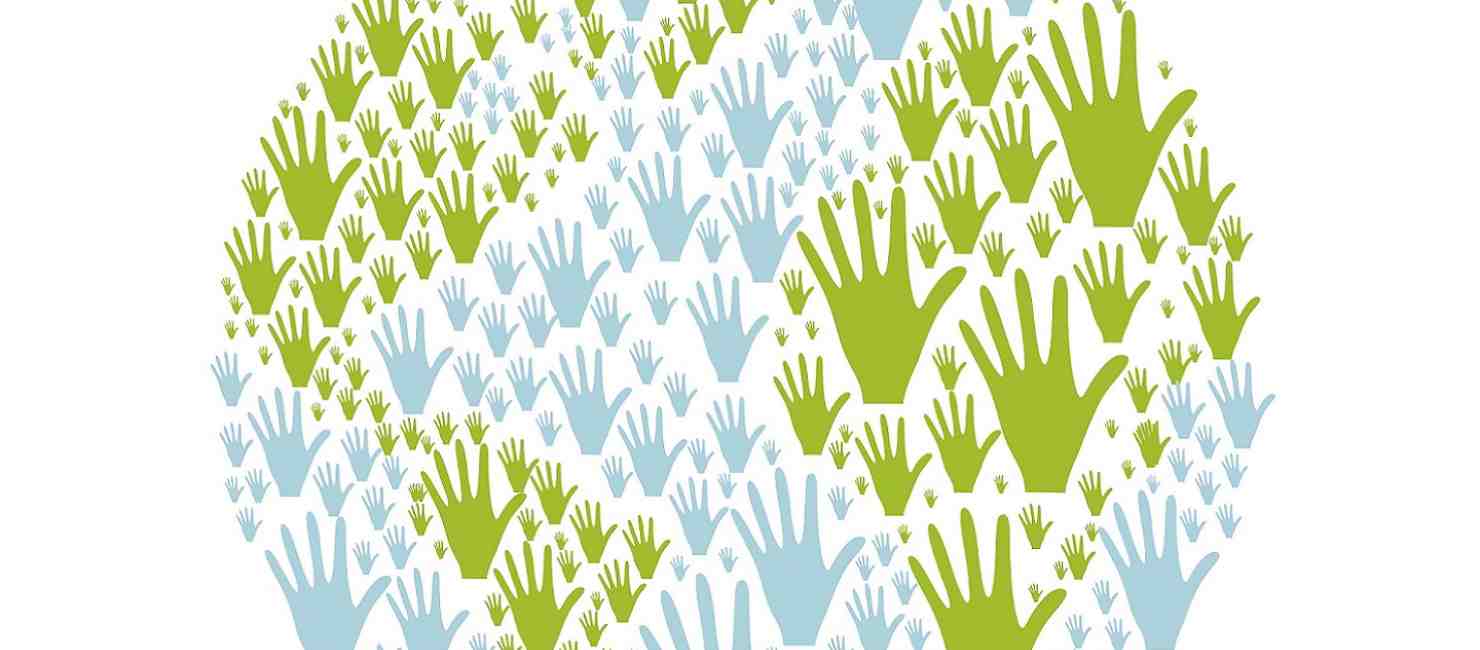What is the legal distance a registered sex offender can live near a school or a park?
Dear Stop It Now!,
My daughter and grandchildren live in a neighborhood with a long list of sexual offenders. One of them lives less than 0.3 of a mile from a high school. Is it legal for a registered sex offender to live that close to a school or park?

Dear Concerned Grandparent,
Restrictions such as the ones you refer to in your email vary according to the status of each individual registered sex offender. Restrictions usually apply to registered offenders living in the community who are under court-ordered supervision through parole or probation. But when an offender has served out his or her sentence and is no longer under court-ordered supervision by the criminal justice department, they typically would not have to comply to any restrictions.
Residency Restrictions Depend on Local Laws
Residency restrictions vary by distance (500 to 2000 feet from places where children tend to congregate) and by community. I would encourage you to take a look at the FAQs from the Center for Sex Offender Management . See especially “Managing Known Sex offenders” and “Where Sex Offenders Can Live”. To learn how you can find out more about a specific individual’s case, read the section “Specific Cases and Concerns” under the FAQs.
Sex Offenders Have Different Levels of Risk
It’s also important to understand registered sex offenders pose different levels or risk. For instance, a registered offender is less likely to re-offend if they have received sex offender treatment, if they are being supervised through the criminal justice system (has a parole officer), has employment and some type of support system, such as family members.
When a registered offender is not able to re-integrate in a safe way into the community they are more likely to take on a life style (being homeless, alone, unemployed) that could increase the risk of re-offending. There is also a difference in the offenders listed on the registry in this way: some are there for sexual offenses against adults, not children. Please also see our FAQs on the Sex Offender Registry and our prevention tool, Concerned about a sex offender in your neighborhood from our website.
Safety Planning
It is always important for parents and other adults to know Warning Signs in adults or children that might possibly indicate child sexual abuse, as well as to talk to their children about healthy sexuality and the differences between appropriate and inappropriate touching. Additionally, parents and adults should keep safety planning in the forefront all the time, not just when a potentially "dangerous" situation is presented. By designing and following simple but clear safety plans, adults are helping the whole family develop boundaries and guidelines for all times. Please see our prevention tools online, including
I hope these resources will help your family as they think about safety
Take care,
Stop It Now!
Feedback:
Please share your feedback on this question
Last edited on: August 14th, 2018

